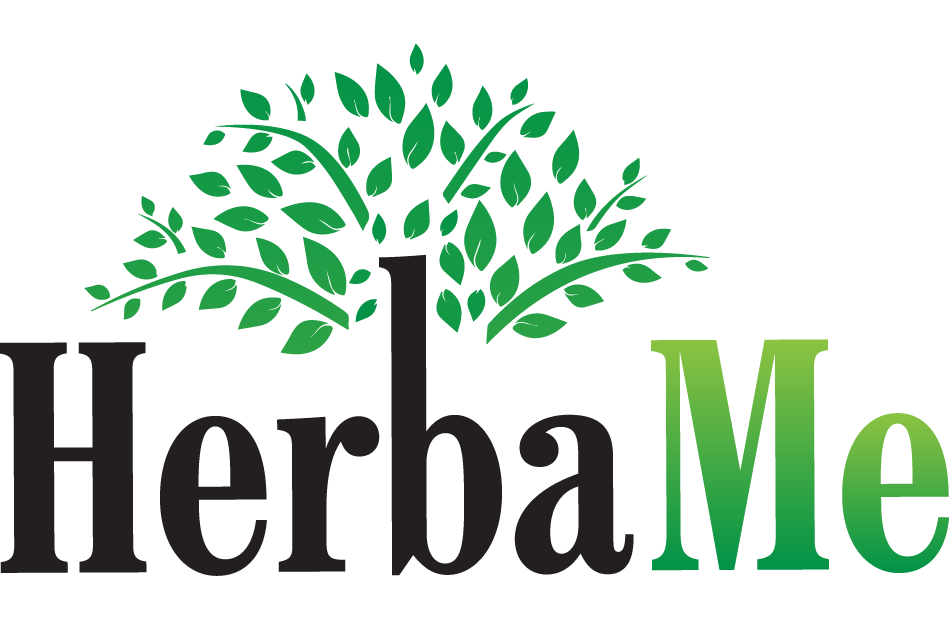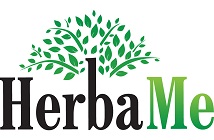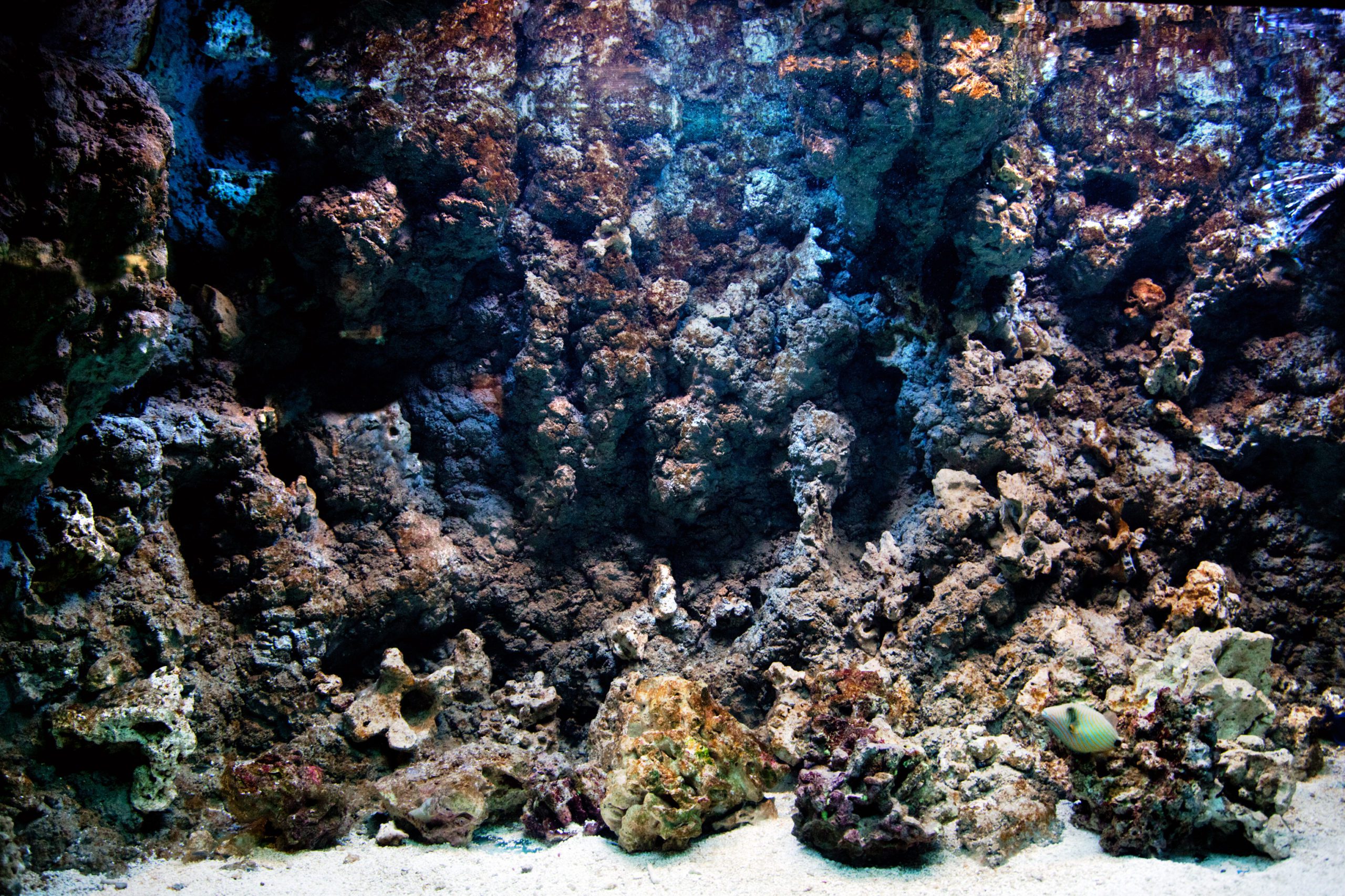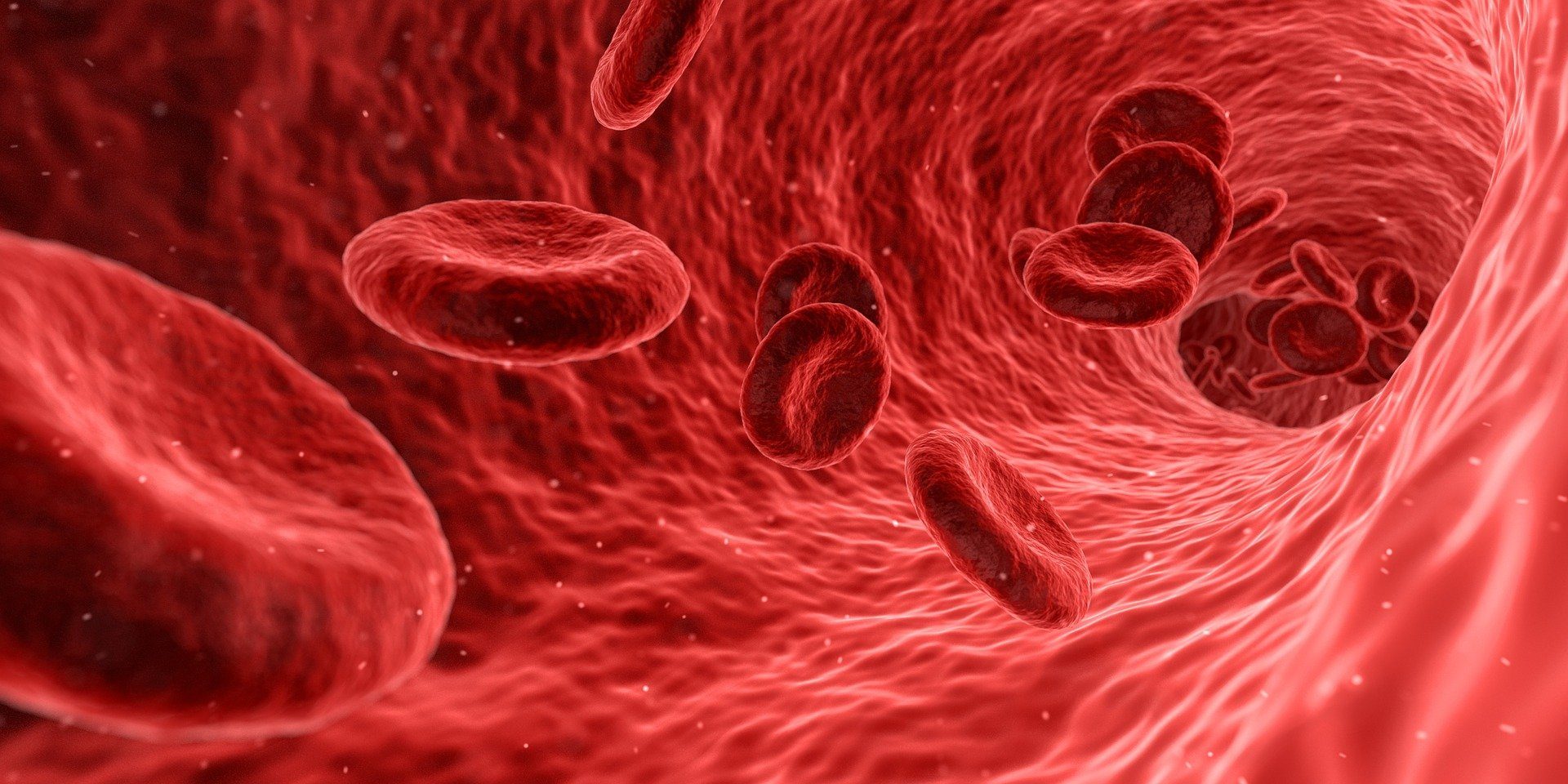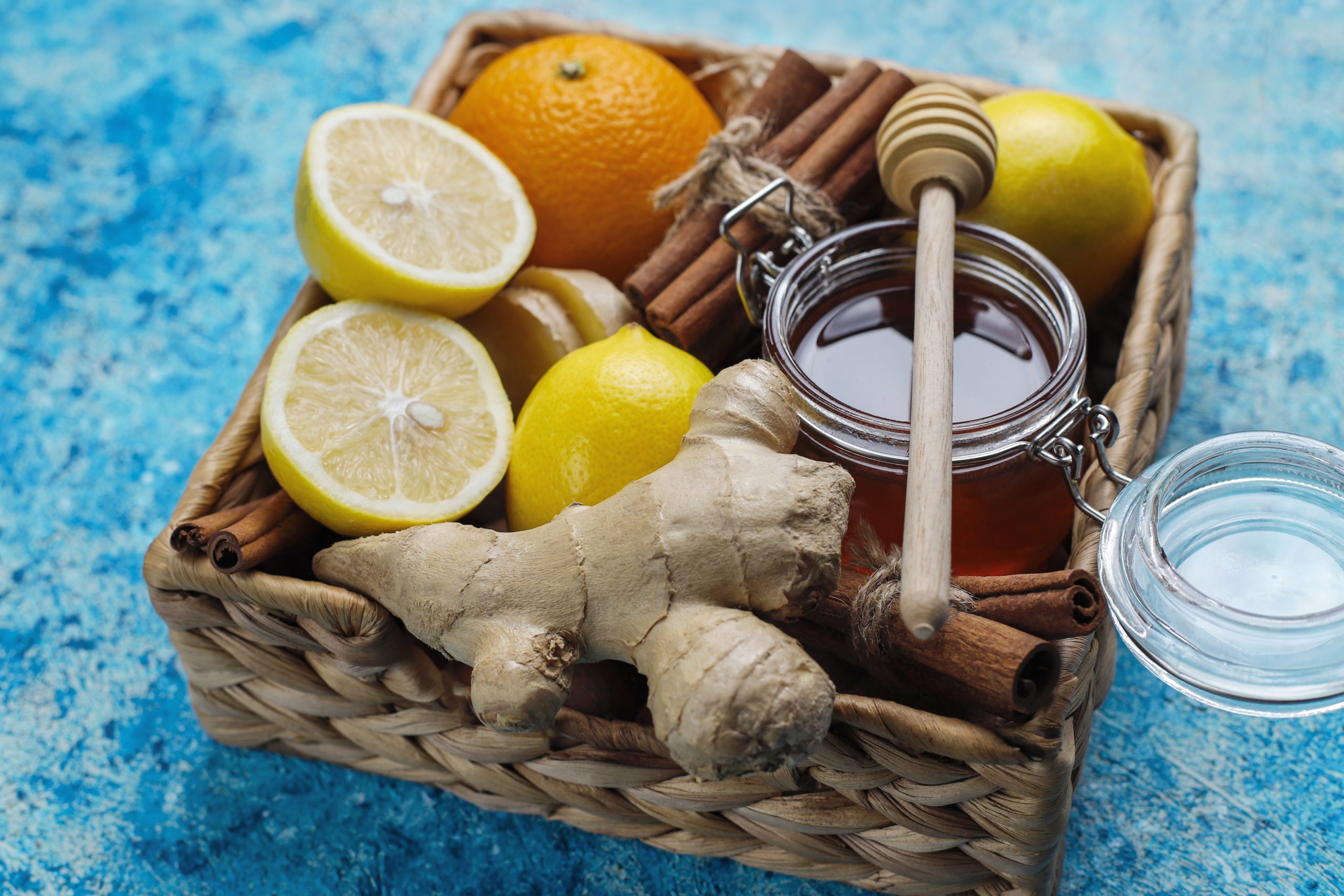Irish Sea Moss: What does science say about this declared superfood?
Perhaps you recently heard about the “superfood” made from sea moss. It is touted by celebrities as an immune-boosting, skin-healing, and digestive aid. But like most declared superfoods, sea moss has actually been consumed for centuries.
Although research on sea mass is limited, there have been reports that the algae have brain-protecting, immune-boosting, and digestive properties. We also know that seaweed is an excellent source of health-promoting nutrients.
So is sea moss all that matters?
What is sea moss?
Sea moss, also known as Irish moss, is a red alga with the scientific name of Chondrus crispus. It has been consumed by humans for thousands of years and is mainly found on rocks along the North Atlantic coast. Today it is planted and processed in several coastal countries including the US, China, and Ireland, and used for its carrageenan content.
Carrageenan is commonly used as a food additive because of its binding, thickening, and stabilizing properties. It is used in foods like almond milk, coconut milk, hemp milk, creams, yogurt, canned soups, and frozen pizzas. Carrageenan is also an active ingredient in some conventional medicinal solutions.
Sea moss is also valued for its algae polysaccharide, which is derived from carrageenan and has medicinal and health-related properties. Studies suggest that algae polysaccharide helps:
- Improve immunity
- antioxidant effects
- antibacterial and anti-inflammatory activities
- Tumor inhibition
- Prevention of high blood pressure
- Prevention of high cholesterol
- Blood sugar control
In addition to its carrageenan and algae polysaccharide content, sea moss is also rich in:
- Proteins
- Peptides
- amino acids
- Lipids
- Pigments
The potential health benefits of these red algae are related to their neuroprotective and immune-boosting components.
Benefits
There are some potential benefits of sea moss, but the studies that evaluate these effects are done in laboratories or on animals. There is certainly no clear understanding of how Irish moss can improve human health, but the nutritional content of the algae shows promise.
1. Helps with digestion
Irish moss acts as a prebiotic and can thus influence the composition of our intestinal microbiota. It’s also a slimy food that has a sticky texture that helps stool move through the gastrointestinal tract more easily.
In a study published in BMC Complementary and Alternative Medicine, rats fed Irish moss showed significant improvements in gut microbiota composition.
Researchers suggest that based on these findings, sea moss can help improve gut health and immune modulation. It was able to increase the population of beneficial bacteria and decrease harmful bacteria, including Streptococcus pneumonia.
2. Can promote neurological health
Studies suggest that red algae may have neuroprotective effects due to their ability to relieve oxidative stress. For this reason, researchers point out that C. Crispus may be a promising ingredient in pharmaceutical applications for potential novel antineurodegenerative drugs for humans.
3. Boosts immune function
Research published in Applied and Environmental Microbiology indicates that red seaweed boosts host immunity and suppresses the expression of so-called “virulence factors” or molecules produced by bacteria, fungi, and viruses.
This study was done in a laboratory, but the researchers concluded that the results suggest that components of C. Crispus may play health-promoting roles in animals and humans.
4. Increases the feeling of satiety
When combined with liquids, Irish moss has a gel-like texture that is thick and sticky. It acts as a soluble fiber that will keep you full longer.
Adding Irish moss to meals can increase the feeling of satiety and therefore potentially reduce the amount of calories you are consuming. There’s no scientific evidence to support this, but the idea is that sea moss works similarly to chia seeds and aloe in this regard.
5. May have anti-tumor effects
There are some laboratory studies that suggest that Irish moss has anti-tumor effects due to its algal polysaccharide content. Researchers don’t have definitive answers as to why this occurs in laboratory tests, but they do suggest that it may be due to the ability of polysaccharides to improve the body’s immunity and enhance its antioxidant activity.
6. Rich in iodine
A study published in the Journal of Medicinal Food found that iodine is high and bioavailable in C. Crispus. Both low and high iodine intake can increase the risk of disease. It is therefore important to consume the correct amount.
Foods that are rich in iodine support thyroid function, healthy metabolism, and brain health. For example, your thyroid needs to have high enough iodine levels to produce thyroxine, a key hormone that regulates important everyday biochemical reactions. Thyroid disease, which can be caused by low iodine levels, can lead to symptoms such as sluggish appetite, heart problems, mood swings, weight changes, and changes in appetite.
7. Can improve skin health
Sea moss is used in skincare products for its antimicrobial and anti-inflammatory properties. It’s also high in nutrients like omega-3 fatty acids, vitamin A, and magnesium.
Applying sea moss topically can help hydrate and soothe your skin while fighting damage and infection. There is no scientific research into the benefits of Irish moss for the skin, but its vitamin and mineral content alone holds great promise in promoting healthy aging.
How to use
You can find sea moss in raw, dried, gel-like forms or as a dietary supplement. It is also available as a powder or capsule and is used as an ingredient in some skincare products. You may have a hard time finding sea moss at your local grocery store. Hence, another option is to buy it online from a reputable company.
Irish moss is virtually tasteless that it’s easy to add to smoothie, juice, and soup recipes. Keep in mind that it works as a thickener, so it works well in sauces and even baked goods too.
As with algae, you have the option to supplement with sea moss pills and sea moss powder. However, remember that there is a lack of science about humans. So ask your doctor first. This is especially true with hypothyroidism.
Risks and Side Effects
With normal consumption, sea moss is generally safe and can have health benefits. However, excessive consumption of Irish moss can cause you to consume too much iodine.
Too much iodine can lead to thyroid disease. You must therefore be careful not to take in too much nutrient. If you have Hashimoto’s, thyroiditis, or other problems related to hypothyroidism, talk to your doctor about limiting iodine foods.
Final thoughts
Sea moss, or Irish moss, is a red seaweed originally harvested from rocks along the North Atlantic coast.
Sea moss has been used for thousands of years to boost immune function and aid digestion. Today it is grown in many countries for its potential health benefits.
There aren’t many human studies of Irish moss, but laboratory and animal studies suggest that it can help strengthen brain function, aid digestion, promote thyroid health, and support immune function.
Library:
Picture:
<a href=’https://www.freepik.com/photos/background’>Background photo created by bedneyimages – www.freepik.com</a>
